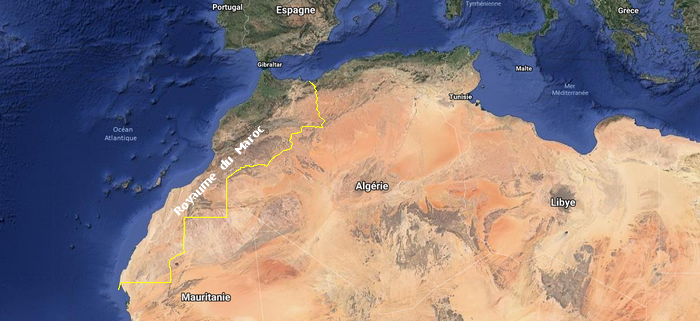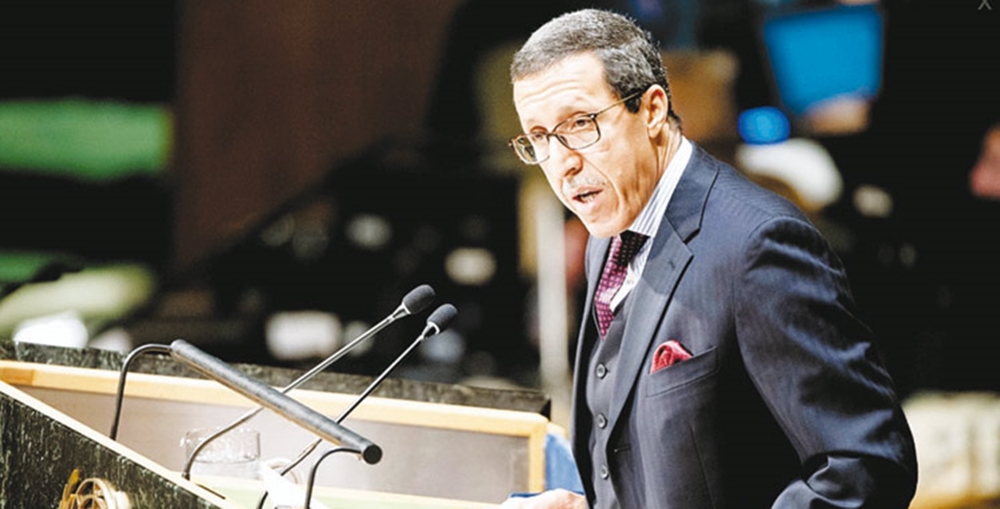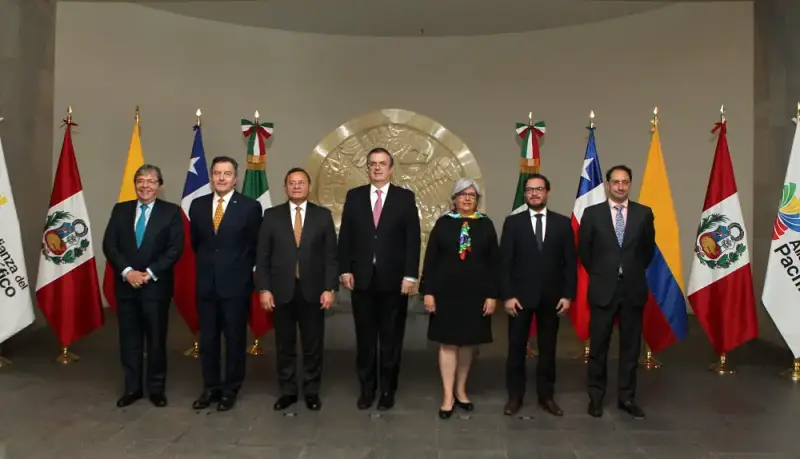For years and still, Morocco has advocated and campaigned for a united and integrated Maghreb. But its calls have fell on deaf ears of an Algerian military junta that held the region hostage to its pro-separatism schemes. In the face of this Algerian obstinacy to maintain the status-quo of the non-Maghreb, Morocco looked north and south.
In the absence of a regional Maghreb grouping, Morocco matches words with action in promoting solidarity and cooperation between African Atlantic states, urging common infrastructure projects, and facilitating access of landlocked Sahel countries to the Atlantic.
The successful 2030 World Cup bid, to be co-hosted by Morocco, Spain, and Portugal, also sends a strong message of Morocco’s willingness to promote integration vertically, pending the renewal of the Maghreb.
As Abdallah Laroui argued, “Morocco is an island and should act like island states.” This statement is more real now looking at Algeria’s insistence on keeping borders closed and the state of insecurity and instability in the Sahel.
Hence, Morocco’s massive investments in ports, like island nation-states. The port of Tangier is now the largest in terms of container capacity in Africa and the mediterranean, positioning the country as a hub for maritime traffic.
The country also plans a $1 bln port in Dakhla that would further enhance connectivity with the rest of Africa, the Americas and beyond.
The Atlantic cooperation approach is also manifested in the gas pipeline that will channel Nigerian gas offshore to Morocco and ultimately to Europe.
The project should serve as a trigger for regional energy integration, giving windows for the export of Mauritanian and Senegalese gas as well.
As the Atlantic momentum grows, Algeria should have better joined Morocco’s regional cooperation efforts. However, its leaders are bogged down in a cold-war mentality and anachronism as they continue to deny reality.
The zero-sum game towards the Maghreb integration by the Algerian military rulers and their civilian puppet will lead to further isolation of Algeria which has done little to help foster stability and security in its Sahel neighborhood.
Stability and prosperity in the Sahel require openness to the Atlantic, an endeavor that can only be possible had there been a commitment from Algerian decision-makers to the Maghreb.
Morocco cannot stay idle waiting for the helm of power in Algiers to recognize the need for the Maghreb. Rabat is forging ahead working together with its West African and Iberian neighbors to foster integration at all levels.



